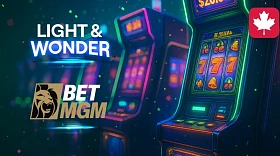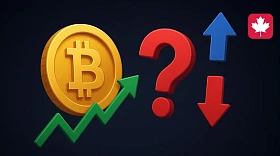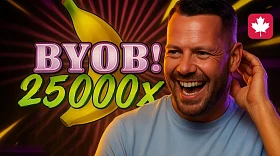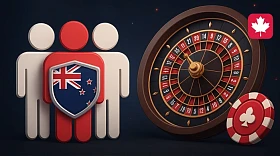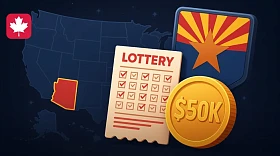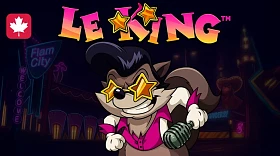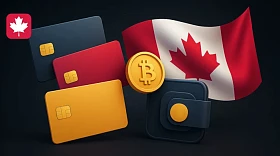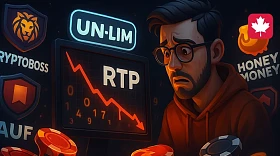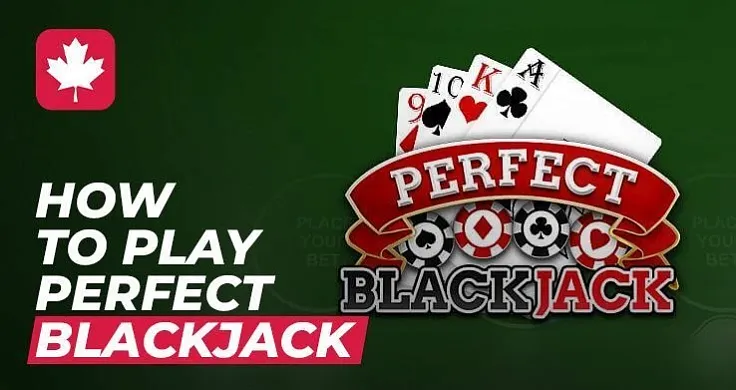
How to play perfect blackjack
Every blackjack game starts the same way: each player makes a bet. In each specific game of blackjack, one or more players can compete with the dealer. Each participant competes with the dealer separately, and in each hand, some players can win while others lose. To make this article easier to understand, all situations will be explained using a single player example.
Both the player and the dealer first receive two cards each from a shoe containing a certain number of standard 52-card decks (usually from one to eight decks). Both of the player's cards are face up, while the dealer will have one face up card and one hidden card.
Blackjack scoring

Each card corresponds to a certain number of points. Numbered cards (from two to ten) are worth the number of points printed on the card itself. For example, a seven is worth seven points. The face cards - jacks, queens and kings - are all worth ten points.
Aces can be equal to one or eleven points. In general, an Ace is worth eleven points, but in the event that adding eleven points would result in a hand exceeding 21 points, the Ace is counted as one point. A combination with an ace, which is still taken as eleven points, is called soft. And a combination in which aces are already starting to be taken for one point is called hard. The difference is that in a soft combination there cannot be a bust, no matter what additional card the player gets (if it is an ace, then not eleven points will be counted for it, but one).
Blackjack and Insurance

If the player at the very beginning has a combination with cards equal to 21 points (in other words, an ace and a ten or a face card), then he has a blackjack. This almost always immediately means that the participant has won. Blackjack payouts are usually 3-2, but some tables may offer 6-5 or other non-standard payouts.
Blackjack can be not only for the player, but also for the dealer. If the dealer's up card is an ace or one worth ten points, the dealer checks to see if he has a blackjack. According to other rules, he only does this if the upcard is an ace. If the dealer has blackjack, the player automatically loses.
If the player also has blackjack, there is a draw.
If the dealer has an ace, he can offer insurance to the players. The player can place an insurance bet, the amount of which is equal to 1/2 of the original bet. If the dealer has blackjack, the player is paid insurance equal to 2-1. The net result of winning the insurance and losing the main bet is for the player to end up with the same money they had before the game. If the player has blackjack, the dealer may offer a 1-1 payout as an alternative to risking a draw if the dealer also has blackjack. This is essentially the same insurance rate, only under a different name.
"Hit" and "Stand" in blackjack

Assuming that neither the player nor the dealer has blackjack, the player has the opportunity to make a choice regarding his hand. When making a decision, you should consider both your own cards and the dealer's up card. If a player is satisfied with his cards and does not want to take the risk of drawing additional cards, he can choose "Stand". In this case, only the original cards remain in the combination, and the player is left with the points that he had.
There is also an alternative. The player can choose "Hit". If the player has made such a decision, the dealer gives the player one more card. If, given this card, the player's score goes over 21, he busts and loses his bet. Otherwise, the player again has the choice to take another card or not. The participant can take as many additional cards as he wants, while counting on not scoring more than 21 points. As soon as the player has chosen "Stand", he finishes playing with his set of cards, and the points scored up to this point are considered final.
Dealer card set

Once the players have finished playing with their sets of cards, the dealer reveals his second card. Now he can try to improve his combination, while taking into account the rules, which may differ in different casinos. In most cases, the dealer should choose "Hit" if his combination is 16 points or less, and "Stand" if he has 17 points or more.
The dealer takes additional cards until he is required to stop by the rules (17 points) or until he busts. If the dealer busts, then the players automatically win. If the dealer stops, then the player's combination is compared with that of the dealer. If the player's combination has more points than the dealer, the player wins. If, on the contrary, the player has fewer points than the dealer, he loses. If the player and the dealer have the same number of points, there is a draw.
Perfect blackjack strategy

Game Example #1
The player is dealt a five and a three, so he has 8 points. The dealer's up card is the king. The player chooses "Hit" and receives a queen, as a result of which he has 18 points. The player stops.
The dealer reveals his second card. This is a six. The dealer's combination of king and six is equal to 16 points. According to the rules, at 16 points the dealer must take an additional card. He receives a seven, as a result of which he has 23 points. This means that he busted, and the player wins the bet.
"Split" and "Double"
Players have two additional options they can exercise when they receive their first two cards. If a player has two identical cards, he can make a "Split" - split his hand into two. In this case, the player makes a second bet, which is equal to the original one. The two cards of one hand are split into two individual hands, to each of which one more card is added. In most rules, a player can split again if they have the same cards in the hand received after the first split.
For example, if a player starts the game with two fours and chooses "Split", he may end up with two hands: an ace/four and two fours. Now he can split again, resulting in three hands, each of which plays for a separate bet. Each hand is played separately, so after a split, one hand can win and the other can lose.
The player can also choose "Double", i.e. doubling. By making a "Double", the player agrees to take only one card, after which he will stop, whichever third card he receives. If the player wants to double, he needs to make another bet equal to the original bet (if the participant does not have enough money to do this, he can bet an amount less than the original bet). This option allows the player to bet a larger amount when the chances of winning are high.
Game Example #2
This example covers many possible situations in blackjack. Read carefully. If you understand what is going on in this game, you can start playing blackjack in the casino or online! The player is dealt two eights (16 points), while the dealer's up card is an ace (11 points). The dealer offers the player to place an insurance bet. The player declines the offer. The dealer checks to see if he has a blackjack. He does not have blackjack, so the game continues as normal.
The player now has a large selection of options. The contestant decides to split his eights by placing another bet. The dealer gives the player two extra cards, thus creating two hands for the player:
Eight/King (18 points);
Eight / three (11 points).
First, the dealer asks what the player wishes to do with the first combination (eight/king). The participant chooses "Stand". The dealer then asks what the player wants to do with his second hand (eight/three of a kind). In this case, the player decides to produce a "Double" by placing an additional bet. The player gets a jack, which makes his combination equal to 21 points. The dealer reveals his cards, showing a nine. Thus, the dealer's combination - ace / nine - is equal to 20 points.
The player's hands are compared with the dealer's hand. A combination equal to 18 points loses, due to which the player loses one bet. A hand that has 21 points wins two bets, since the player made a "Double". As a result, the game ends with the player winning one bet.





tickscollar All this bullshit was invented to squeeze out the last money. It used to be easier - bet on red, win or lose. And now some chickens are running, airplanes are flying... Circus.
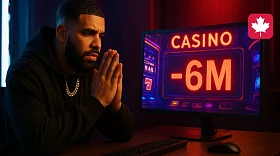

xSuiZ The article is fire! Everything was laid out according to the facts. Drake is not a ludomaniac, he is a walking advertisement. And while the suckers believe in his "curse", Stake rakes in the money. Beautiful, you can't say anything. I've been riding a steak myself for a year now, I threw in crypto and generally don't give a about all the blocking.
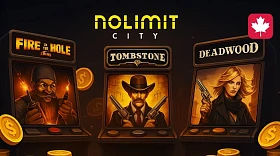

Leoak Finally a good article on NC! I've been playing them since the very beginning, since the first Deadwood. Yes, their dispersion is crazy, you can lose a deposit in 100 spins. But when he pours ... It's worth it. In Mental x15k I caught, I still remember this spin. The whole point is in their x-mechanics, they really change the game, and not just for show.



tealblossom 2 minutes to respond? Yes, this is a dream! Otherwise, while you wait for these operators, you will already want to play. It's high time!













